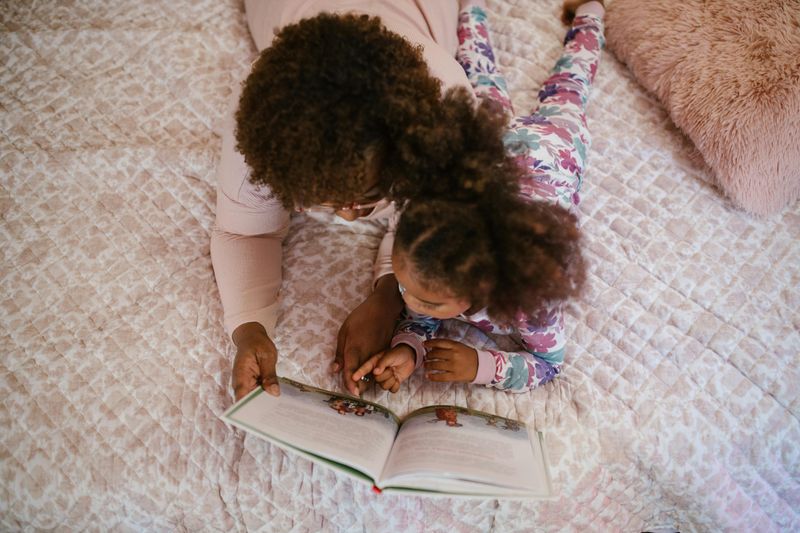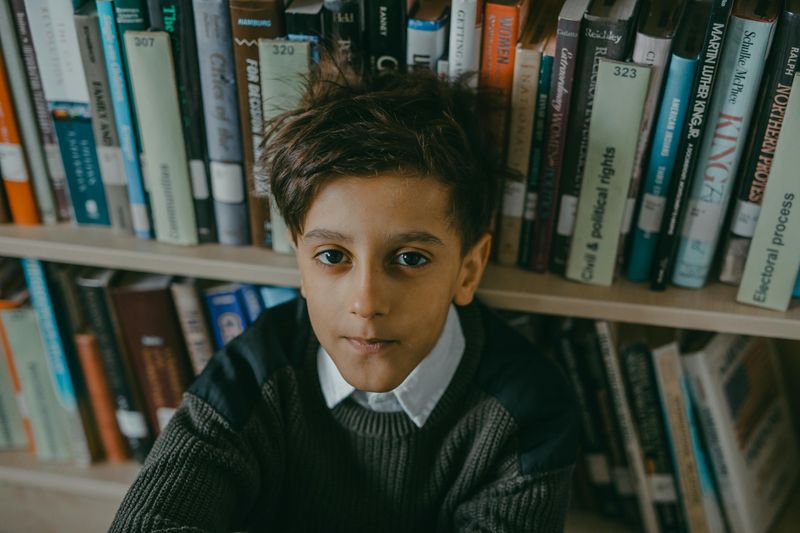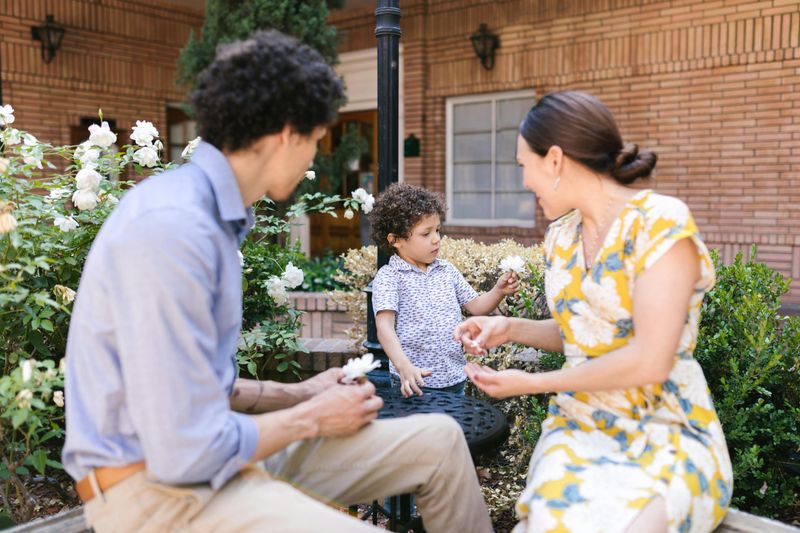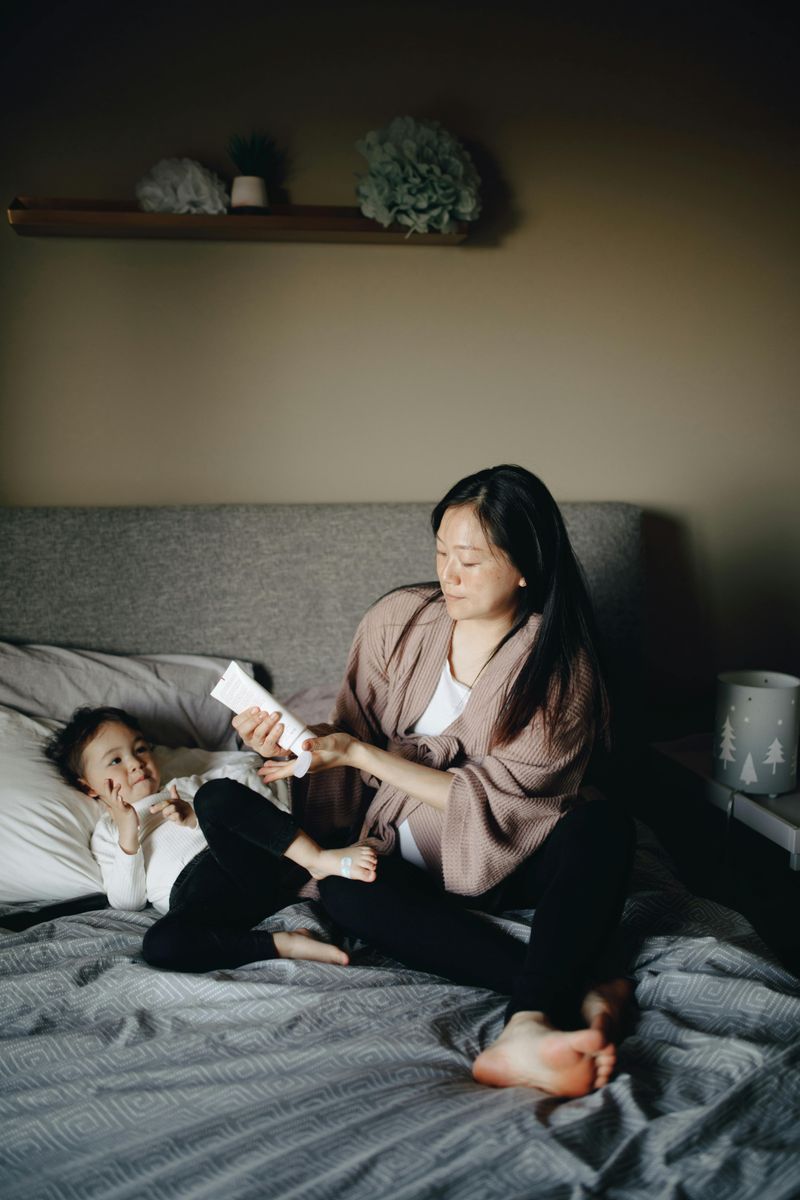11 Things Only Children of Divorce Truly Understand

Growing up with divorced parents creates a unique experience that shapes who you become. From splitting holidays to navigating two different households, children of divorce face challenges that others might not fully grasp. If you’ve lived through it, you know there are certain feelings and situations that only someone who’s been there can truly understand.
1. Packing a Bag Every Weekend Becomes Second Nature

Your friends never understood why you always had an overnight bag ready by the door. Forgetting your phone charger or favorite hoodie at the other house meant going without until your next visit. You became an expert at remembering everything you’d need for the next few days.
Eventually, you probably kept duplicate items at each place. Toothbrushes, pajamas, and school supplies lived in both homes. Some kids even had two of the same stuffed animal to avoid the heartbreak of leaving their comfort item behind.
2. Holidays Mean Complicated Schedules and Tough Choices

Christmas morning at one house, Christmas evening at another. Thanksgiving split down the middle with precise timing. You learned early that holidays weren’t just about celebrating but about logistics and making sure everyone got their fair share of your time.
Sometimes you wished you could just stay in one place and enjoy the day without rushing. The guilt of choosing one parent over the other for special occasions weighed heavy. Calendar negotiations became as much a part of the holiday tradition as opening presents or eating turkey.
3. You Become a Master at Reading the Room

Growing up around tension between your parents trained you to notice things others easily miss — a sharp shift in tone, a strained smile, or just too much silence. You learned early when to stay quiet or steer the conversation somewhere safer.
This skill followed you into adulthood, making you incredibly empathetic and aware of others’ emotions. While it came from a difficult situation, being able to read people became one of your greatest strengths. You learned diplomacy before you even knew what the word meant.
4. Two Sets of Rules Can Drive You Crazy

Bedtime at Mom’s house: 9 PM sharp. Bedtime at Dad’s house: whenever you’re tired. One parent enforced strict screen time limits while the other let you binge-watch shows all weekend. The inconsistency made your head spin sometimes.
You learned to adapt quickly, switching between different expectations depending on which door you walked through. Friends with one household had no idea how confusing it could be. Explaining why you could do something at one house but not the other became exhausting after a while.
5. Playing Messenger Between Parents Feels Uncomfortable

Being asked to relay messages made you feel like you were stuck in the middle of something that wasn’t your responsibility. Whether it was about money, schedules, or other adult matters, you wished they would just talk to each other directly instead of using you as the go-between.
Sometimes the messages weren’t even spoken aloud. You could feel the tension and knew you were expected to communicate something without it being said. Learning to set boundaries took time, and saying no to being the messenger was harder than it should have been.
6. You Learn That Love Doesn’t Always Last Forever

Watching your parents’ relationship end taught you a hard lesson about love at a young age. Fairy tales promised happily ever after, but your reality showed that sometimes people grow apart. This made you both cautious and realistic about relationships as you got older.
Some kids become afraid of commitment, worried they’ll repeat their parents’ mistakes. Others become extra determined to build strong, lasting relationships. Either way, divorce shaped how you view love and partnership in ways your friends from intact families might never fully understand or appreciate.
7. Guilt Comes With Choosing Where to Spend Your Time

Every time you had fun at one parent’s house, you worried the other would feel left out or hurt. Laughing too much or enjoying yourself created this weird guilty feeling, like you were betraying the parent you weren’t with at that moment.
You wanted both parents to feel loved and important, but splitting yourself in half wasn’t possible. The pressure to make everyone happy became exhausting. Eventually, you had to learn that your happiness shouldn’t come with guilt attached, though that lesson took years to fully accept and believe.
8. Meeting New Partners Brings Mixed Emotions

When your parent started dating someone new, everything felt weird and complicated. Part of you wanted them to be happy, but another part resented this stranger trying to fit into your life. You weren’t sure where this new person belonged or what role they should play.
Some new partners tried too hard to be your friend, while others seemed to ignore you completely. Finding the right balance took time and patience from everyone involved. Accepting that your family structure was changing again meant grieving the hope that your parents might get back together someday.
9. You Appreciate Stability More Than Most Kids

Because your life involved constant change and movement, you craved routine and predictability wherever you could find it. School became a stable place where things stayed the same. Friendships mattered even more because friends provided consistency when everything else felt chaotic.
Small traditions took on huge importance. Whether it was Friday movie night or Sunday morning pancakes, these reliable moments gave you something solid to hold onto. As an adult, you probably value stability and routine more than people who grew up in one unchanged household ever could.
10. Financial Conversations Happen Earlier Than They Should

Child support, alimony, who pays for what—these weren’t topics you should have heard about as a kid, but you did. Money arguments between your parents made you aware of financial stress way before your peers understood what a budget meant.
Maybe you felt like a financial burden sometimes, even though you knew logically that wasn’t true. You learned to not ask for expensive things to avoid causing conflict. This early exposure to money problems made you either extremely careful with finances or anxious about them as you grew older and managed your own expenses.
11. You Develop Resilience Others Can’t Match

Going through your parents’ divorce forced you to grow up faster and develop coping skills early. Adapting to change, handling disappointment, and managing complex emotions became part of your everyday life. These challenges built a strength in you that many people don’t develop until much later.
Friends might crumble over small setbacks, but you’ve already survived something much bigger. Your resilience shows in how you handle stress, solve problems, and bounce back from difficulties. While you wouldn’t have chosen this path, it shaped you into someone remarkably strong and capable.

Comments
Loading…